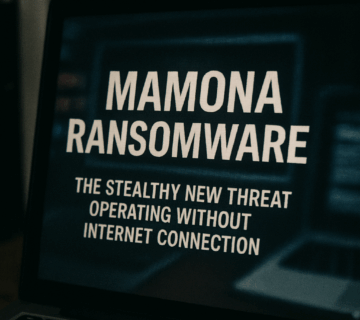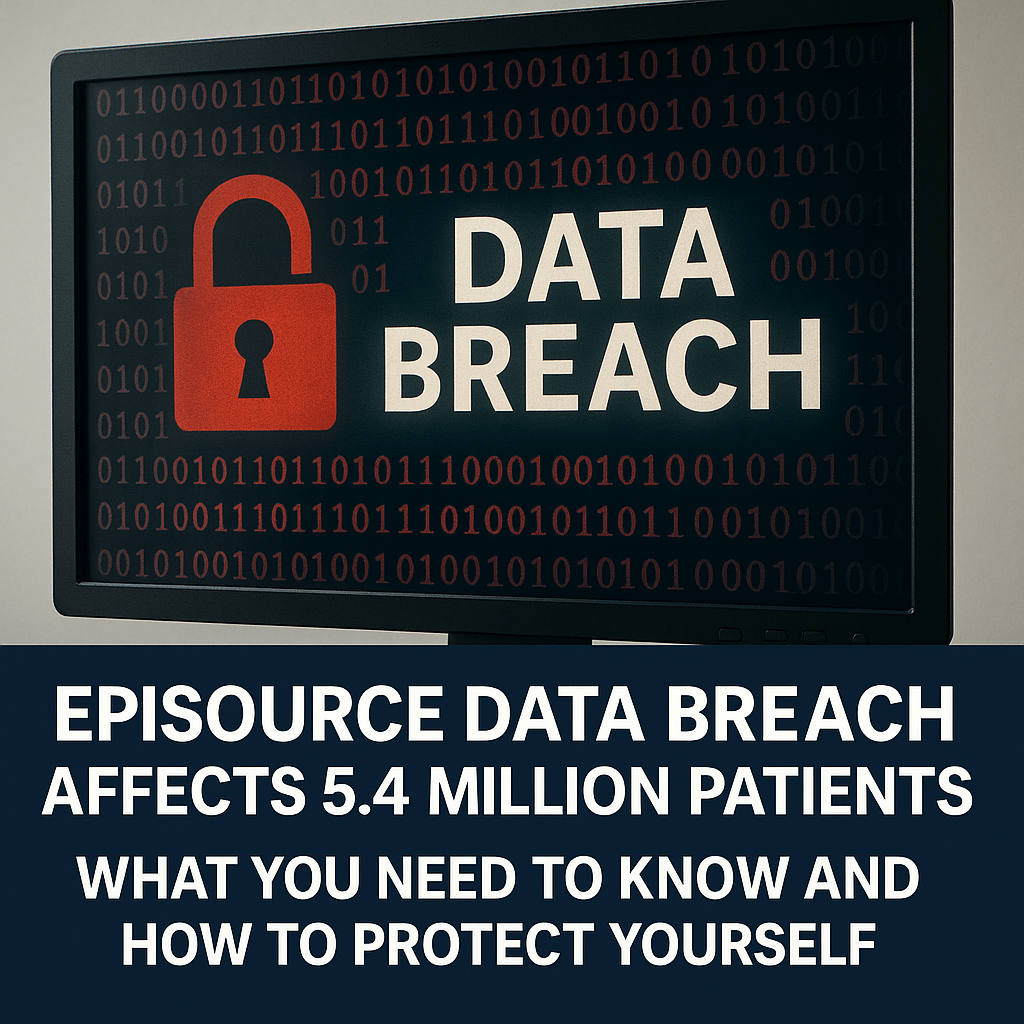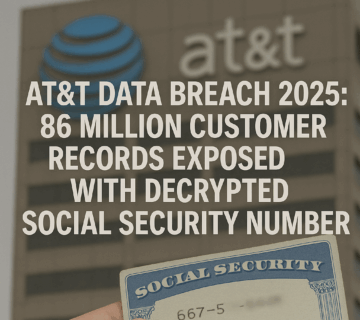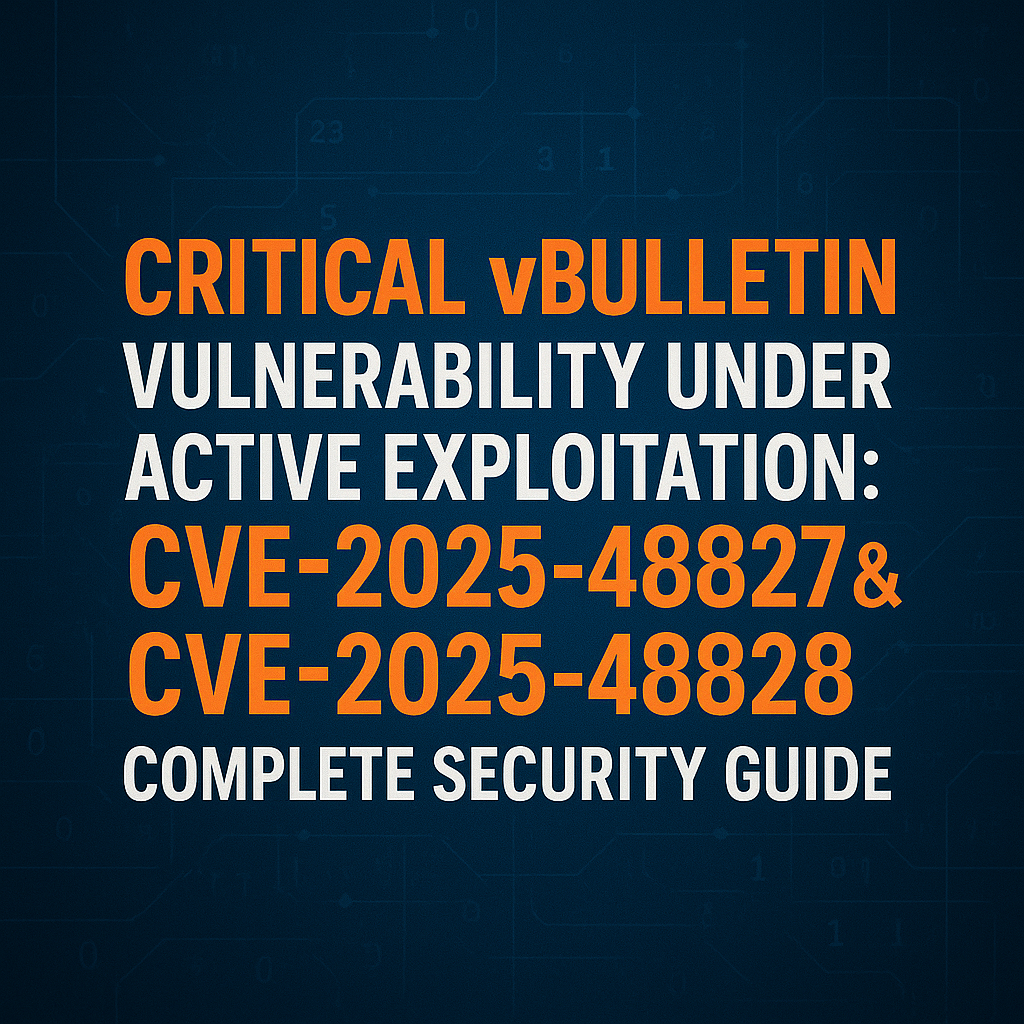
Mamona Ransomware: The Stealthy New Threat Operating Without Internet Connection
Mamona Ransomware The Stealthy Offline Threat ... Read More
Risk management is the process of identifying, assessing, and mitigating potential threats that could negatively impact an organization’s operations, assets, or reputation. Effective risk management involves proactive planning, continuous monitoring, and implementing strategies to minimize financial losses or operational disruptions. By addressing risks early, businesses can protect themselves from unforeseen challenges and maintain stability in an ever-changing environment.




